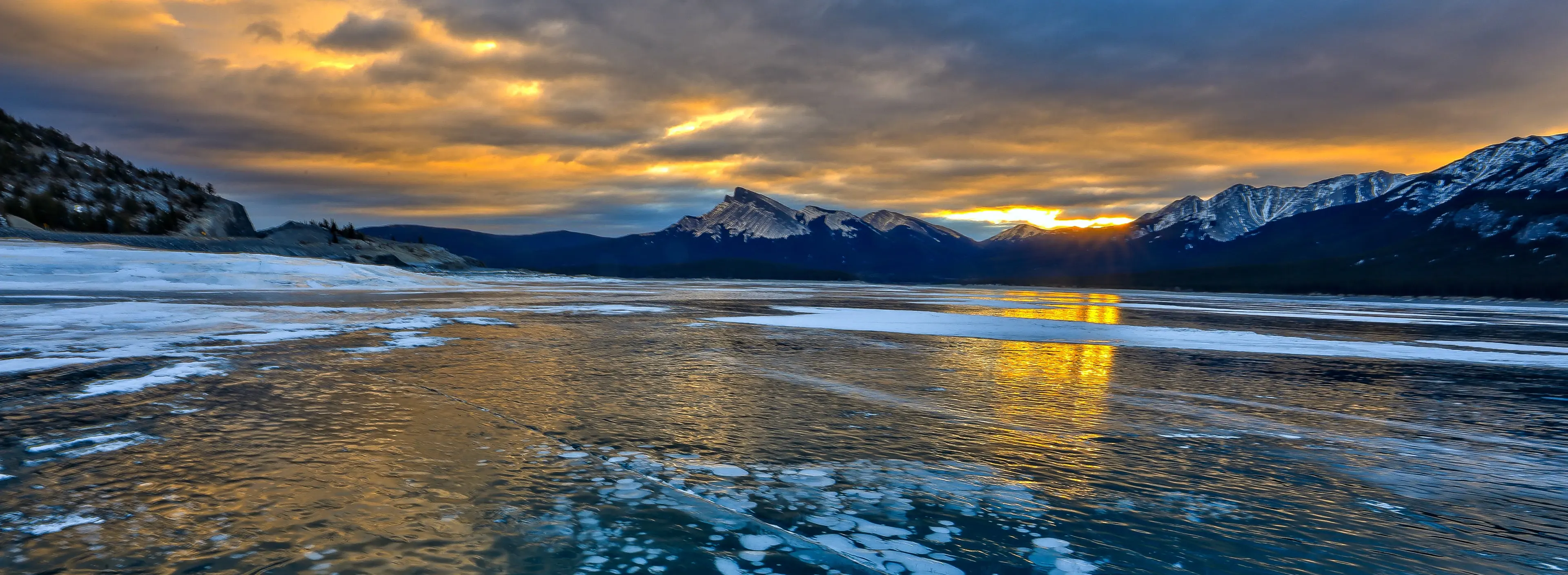
Hospitality & Travel
1 Feb 2019
2 Min Read
Future Of Adventure Series: Inclusive Travel
At Matter Of Form we are deeply passionate about the travel sector and the innate wanderlust in us all.
Hospitality & Travel

Retail & Luxury Goods
4 Sept 2025
9 min read

News
5 May 2025
3 min read

News
17 May 2024
2 min read

Hospitality & Travel
1 Feb 2019
2 Min Read
At Matter Of Form we are deeply passionate about the travel sector and the innate wanderlust in us all.
Hospitality & Travel